

A new year is almost upon us, so it’s time for an updated reading list!
The 2017 list centers around the dynamic between messy, large-scale sociotechnical systems and the individuals working on improving them. It covers macro issues like electric cars, algorithms, cybersecurity, and the internet of things, and micro challenges like defining your purpose and staying creative while pushing boundaries.
Mark your schedule now to read along, or read in whatever order inspires you. I’ll post an article at the end of each month, inspired by the book of the month. We’ll continue the conversation in the comments of each article.
January
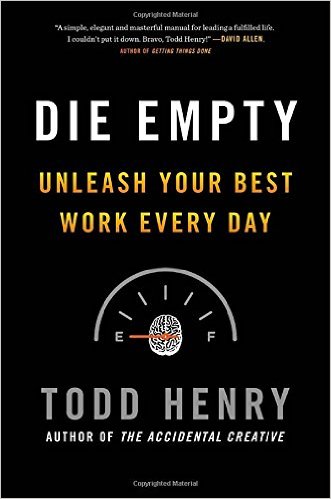
Die Empty: Unleash Your Best Work Every Day by Todd Henry
It can be so easy to map your goals and chart your progress based on how others define success (or how it seems like they define success). The beginning of the year is a great time to check back in with your “why” and relook at how you structure your days. I’m a fan of Todd Henry’s podcast “The Accidental Creative” so I’m looking forward to digging into this book.
Related: How to live each day fully and die empty
February
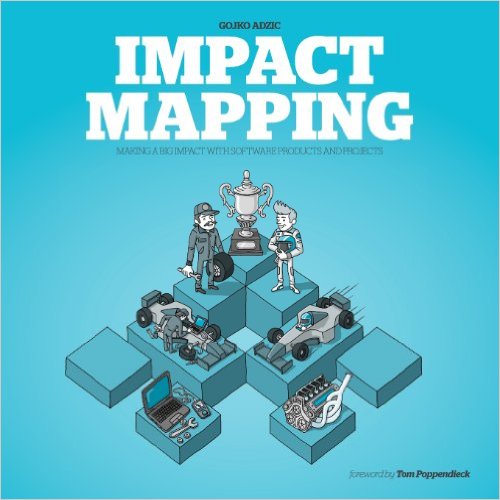
Impact Mapping: Making a Big Impact with Software Products and Projects by Gojko Adzic
You’re excited to make an impact with technology, but how do you know that you’re making the right impact? We’ll read about the impact mapping technique for connecting strategic goals and actions.
Related: Impact Mapping meets Scaled Agile
March
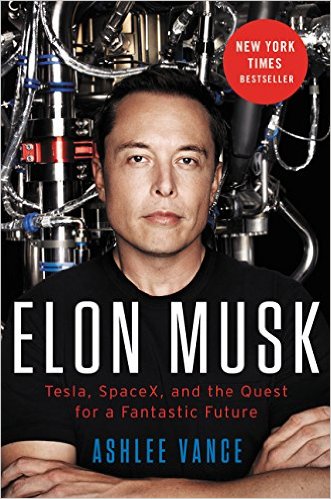
Elon Musk: Tesla, SpaceX, and the Quest for a Fantastic Future by Ashlee Vance
We’ll read about a major changemaker tackling complex problems at the intersection of technology and society. Whatever you think about his strategies, you can’t deny that he dreams big.
Related: 6 ways any organization can be more like SpaceX and Tesla
April
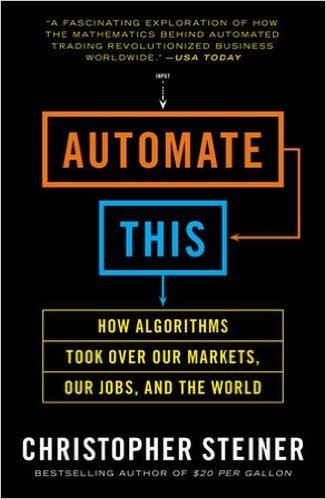
Automate This: How Algorithms Took Over Our Markets, Our Jobs, and the World by Christopher Steiner
They impact our daily lives but we don’t always think about them. April’s pick is a deep dive into the world of algorithms and the role they play in our technologies, markets, and systems. While a tech book from 2013 can now seem “antiquated,” the influence of tech decisions on our society and the gaps in our social and regulatory systems to deal with the changes have been as prevalent as ever.
Related: How to prepare your portfolio for the bot takeover
May
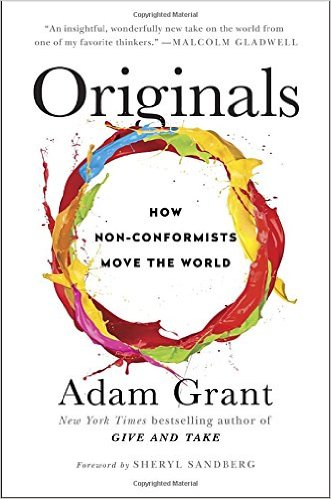
Originals: How Non-Conformists Move the World by Adam Grant
So you have an idea of what you’d like to do or problems you’d like to see fixed by how do we accomplish them if we’re not Elon Musk? This book looks like a collection of inspiring stories of people who made a difference from a variety of starting points.
Related: How to foster influential originality
June

Messy: The Power of Disorder to Transform Our Lives by Tim Harford
We’re halfway through the year and during the mid-year review life may look a lot messier than what we had planned out in January. This book sounds like a great view of how messiness can be helpful.
Related: Make things messier to achieve your goals
July
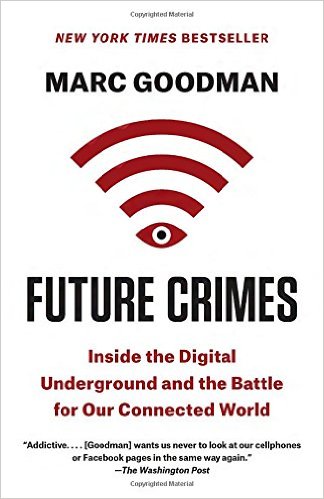
Future Crimes: Inside the Digital Underground and the Battle for our Connected World by Marc Goodman
Crime story beach read? Check. July’s pick is all about the dark side of our digital connected world, including some tips for what we can do.
Related: Cyber crime and the dark side of big data
August
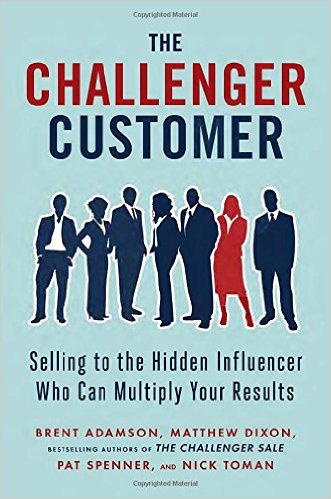
Whether you sell a product or not, we’re all selling some kind of change to the status quo. And if you’re trying to change an enterprise then there are a lot of people involved. This book sounds like a great resource for identifying key influencers and planning your strategy.
Related: How to sell change to a committee
September
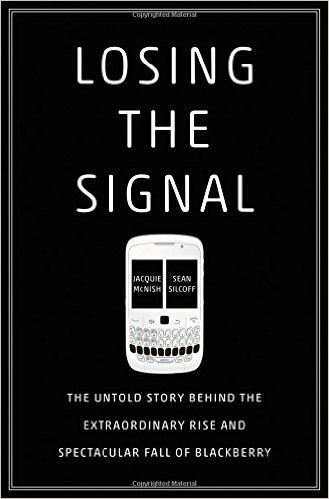
Part of improving broken systems is understanding why working systems fail. I think that this narrative looks like an interesting coverage of what BlackBerry did well, could have done differently, and the role that context played.
Related: Navigating extreme growth and shifts: Insights from the story of BlackBerry
October
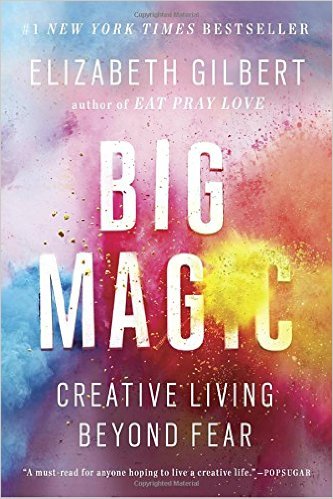
Big Magic: Creative Living Beyond Fear by Elizabeth Gilbert
You may not be a traditional author or artist but we’re still making creative decisions every day. How do you keep pushing past status quo when it can be scary? Elizabeth Gilbert’s book promises to be a great manual for the creative thinker looking for inspiration.
Related: How changemakers can attract more magic
November

Boyd: The Fighter Pilot Who Changed the Art of War by Robert Coram
Looking at another changemaker who reenvisioned how his relatively traditional field worked, from a technology and process perspective. I’m excited to see what kinds of insights we can pull into our own work.
Related: How a fighter pilot changed an institution- The story of John Boyd
December
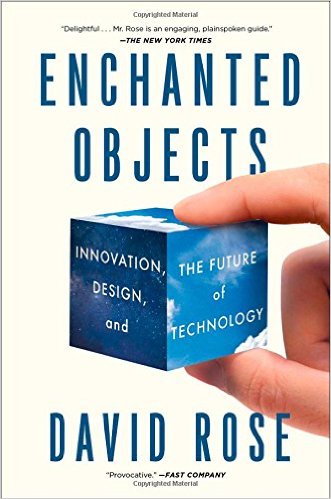
Enchanted Objects: Innovation, Design, and the Future of Technology by David Rose
Sociotechnical systems can be very risky. But they can also be inspiring. I think that this book by David Rose at the MIT Media Lab will be an interesting view of what could be (and is already starting to be). A great complement to the magic of the season.
What other books are on your 2017 reading list?